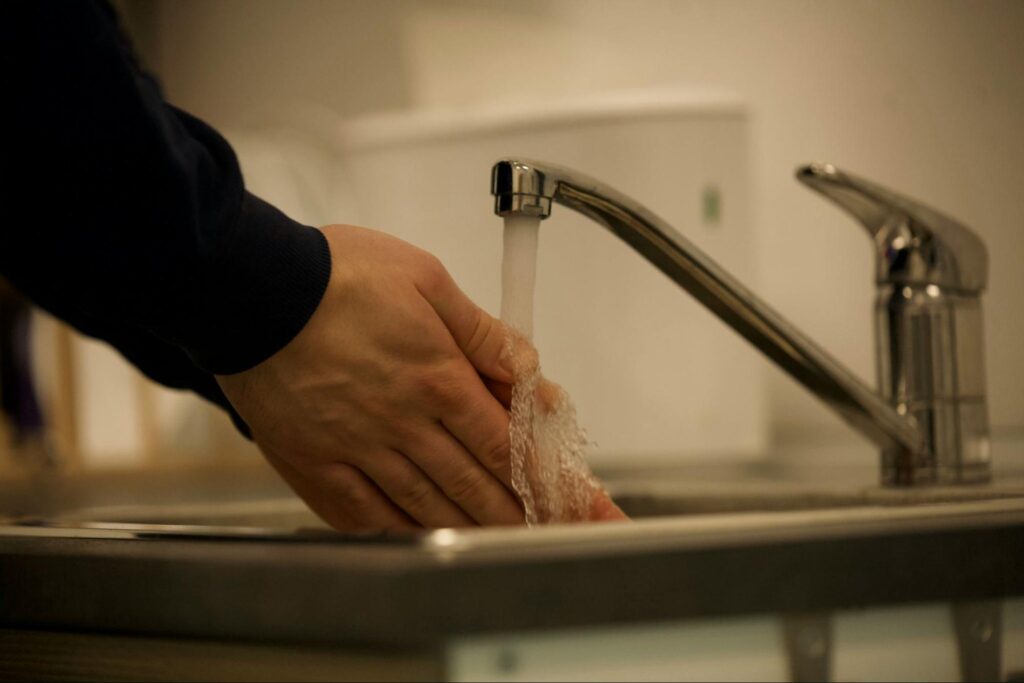Selecting the appropriate water heater for your home is an essential task that involves careful planning and preparation. Whether you’re looking for a replacement or a new water heater, this article can guide you through the fundamental aspects to ensure you secure the best one for you and your family.
Types of Water Heaters
The first step in selecting a water heater is understanding the various types and their respective pros and cons. The standard options are tankless water heaters, solar water heaters, storage tank water heaters, and heat pump water heaters. The storage water heater is the most conventional model wherein water is stored in a tank, ensuring that hot water is always readily available.
Tankless water heaters are energy-efficient, heating water on demand without the need for a storage tank. Heat pump water heaters utilize the surrounding heat instead of generating it conventionally, making them another environment-friendly option. A solar water heater heats water using solar energy, providing significant energy savings.
Energy Efficiency and Costs
As energy costs continue to rise, homeowners have been actively looking for effective ways to save money.
To successfully replace your water heater without draining your household finances, you must clearly understand the benefits and downsides of every water heater type, especially in terms of energy efficiency and cost implications.
Tankless, solar, and heat pump water heaters are the most energy-efficient options, significantly reducing your carbon footprint. While these models can be expensive initially, they’ll prove cost-effective in the long run. However, ensure they carry the Uniform Energy Factor (UEF) rating, as the higher the UEF, the more long-term savings on utility bills.
Size and Capacity Considerations
When choosing a water heater, size matters. Select a unit that complements your household’s hot water needs to ensure maximum efficiency. How big is your family, and how often do they consume hot water? Consider your household’s overall demand for hot water and frequency of usage.
Water heater sizes vary by gallon, so the higher the demand, the higher the gallon capacity should be. For large families living in a big house with multiple bathrooms, investing in an efficient water heating system with a large capacity is ideal. Alternatively, for households with a minimal to low number of individuals, a water heater with a small or medium gallon capacity is more practical.
Installation and Maintenance
Regular water heater maintenance and proper installation are integral to ensuring your water heater’s lifespan and efficiency. Make sure to find a certified and experienced installer, as poor installation can hinder your unit’s operational efficiency and increase the chances of it getting damaged.
In addition, regular water heater maintenance is crucial to ensure it performs effectively. It can prevent your unit from malfunctioning, save you from costly repairs, and protect your home from damage. Remember, a water heater is a considerable investment, so treating it with utmost care is imperative.
Endnote
Choosing a water heater for your home need not be intimidating or stressful. With these tips and expert guidance, you can select the best unit that can provide optimal comfort and savings.




More Stories
How to Find the Ideal Crypto Casino Welcome Bonuses
A Beginner’s Guide to Growing Houseplants
Comprehensive Dental Care for a Healthy, Confident Smile